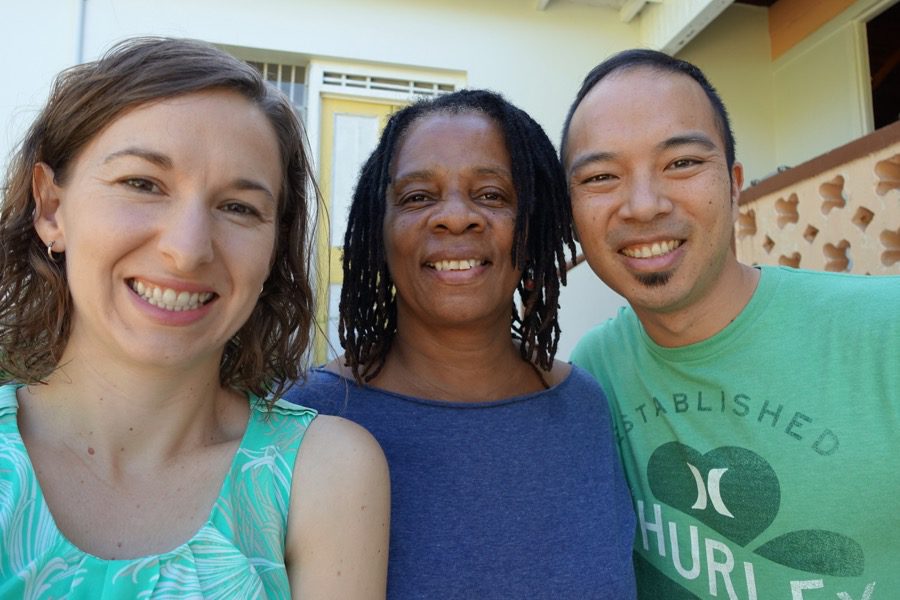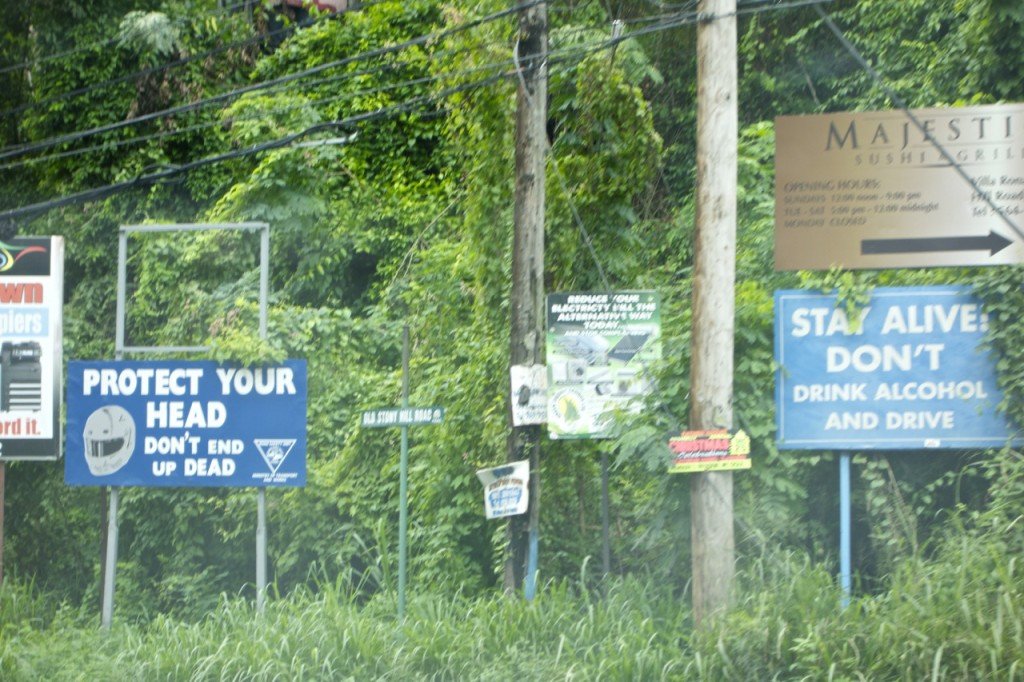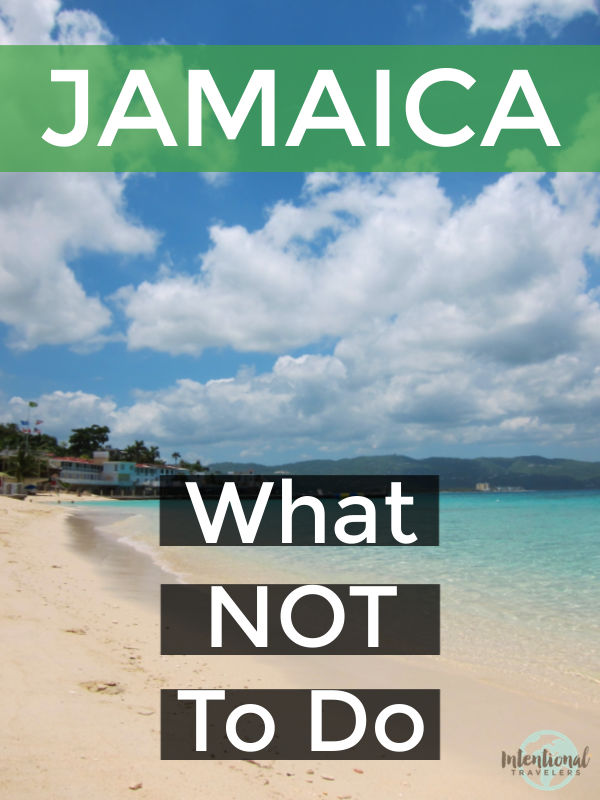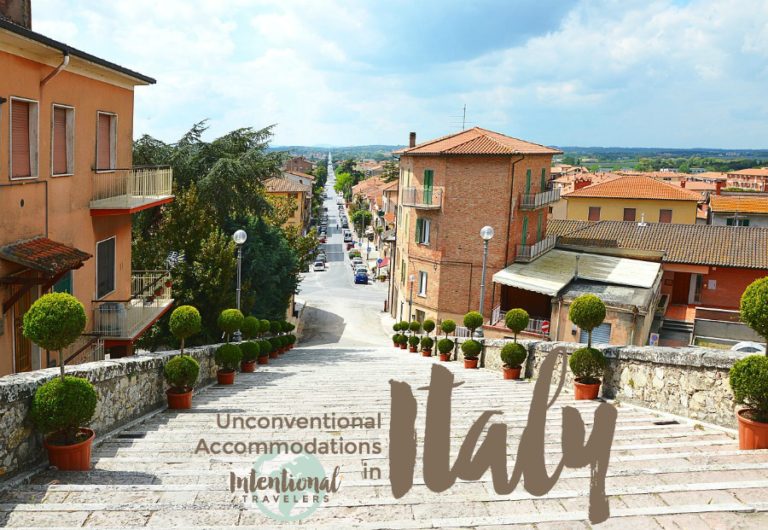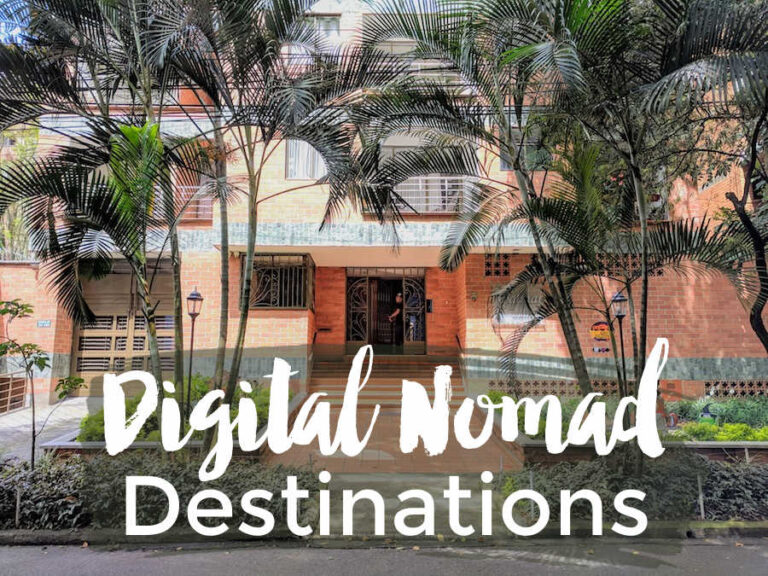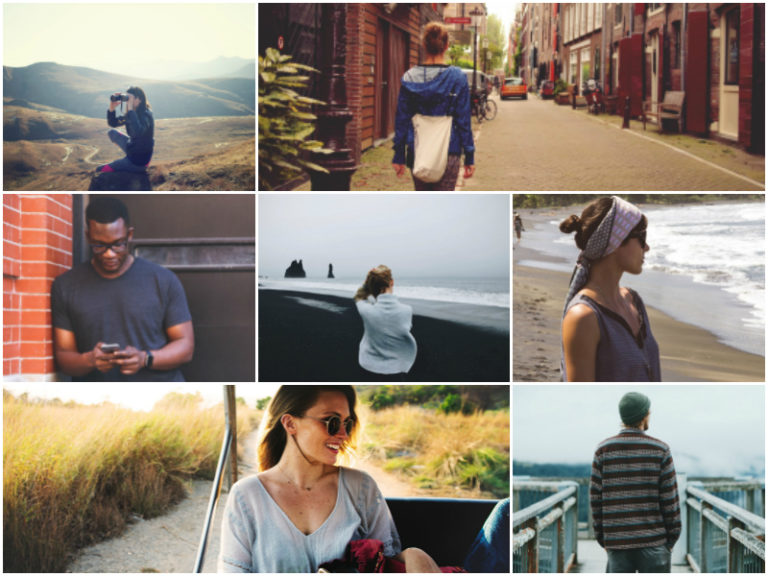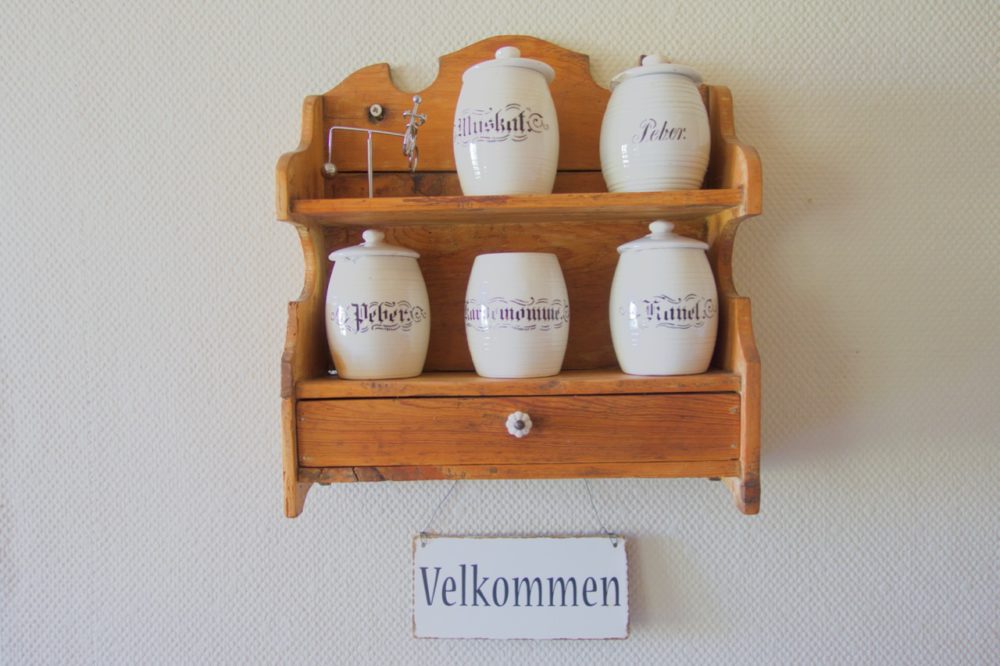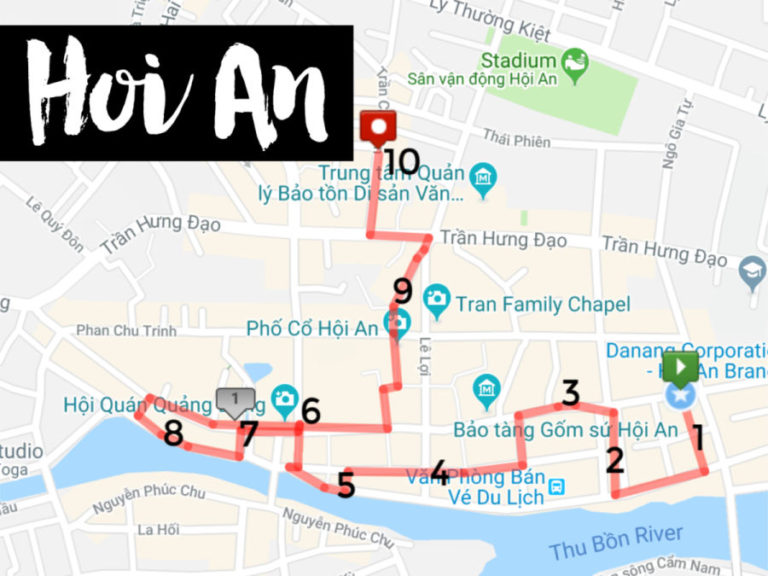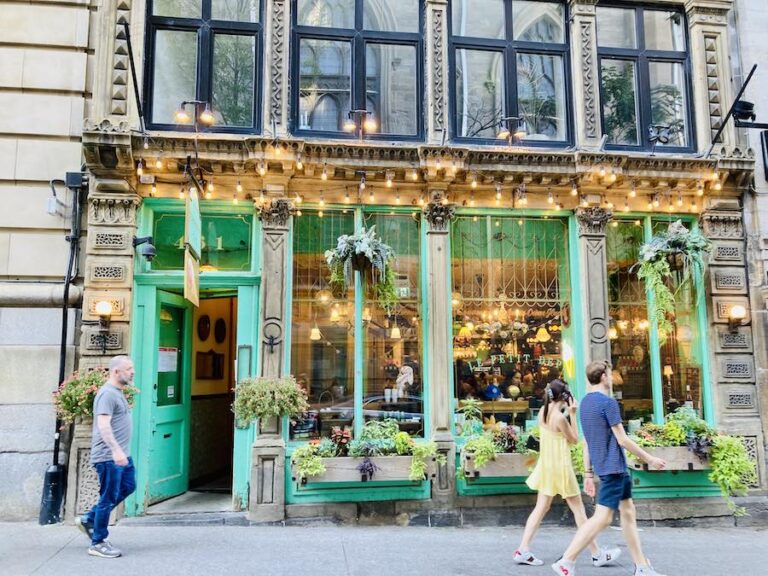What NOT to do in Jamaica
So you’re planning to go to Jamaica? That’s awesome.
Many people ask what they should do in Jamaica. Sometimes what can be just as helpful is asking: “What should I NOT do?” when visiting another country.
Jamaicans are a beautiful and lively people. Jamaica is the birthplace of Bob Marley, Reggae music, and the the fastest runners of the world. Jamaican food is unique, tasty (some times spicy), and you can enjoy so many tropical fruits.
And because it’s an island in the Caribbean, it boasts incredible natural beauty from the white sand beaches to the cool mists of the Blue mountains.
All of this for a country similar in size to Connecticut.
It’s no wonder that Jamaica is a highly sought-after tourist destination, especially for those from North America or other Western countries in the winter months. We had the privilege to live and volunteer in rural Jamaica for two years with the Peace Corps.
But Jamaica is a challenging country to visit and explore on your own, for a number of reasons.
Some of those reasons are too complex to unpack here, but it would naive to visit Jamaica thinking it’s just like any other destination.
Having lived in Jamaica for over 2 years, we can tell you that Jamaica is a special place and unlike anywhere else in the world. We’ve learned this from our Jamaican friends and teachers, months of extensive cultural training, living with local homestay families, working alongside Jamaican counterparts, and fully immersing ourselves in a Jamaican community.
* Get access to our Jamaica Travel Checklist here *
We wanted to share with you a couple of important tips on what not do in Jamaica that we believe can make a whole heap of difference in your travel experience. This is especially important if you’re traveling to Jamaica for the first time.
We also believe that knowing what to do and what not to do in Jamaica can help foster a positive experience with local Jamaicans, which should be the goal of any travel experience between visitors and host country nationals.
Finally, everything written here should be considered at your own discretion. Each of us have our own travel experiences, preferences, and comfort levels.
Where to go in Jamaica, what to do and see in Jamaica, what to pack, etc., will all depend upon your own travel preferences. Consider this helpful information to know as you make your plans.
Do not assume your cultural norms are acceptable in Jamaica
Too often we travelers around the world go to a host country and don’t even think about how our actions or behaviors might come across to people in the host country.
Many times it’s unintentional and people don’t realize what the cultural faux pas are. One easy thing to do when traveling in any country, and especially in Jamaica, is to observe local Jamaicans and to ask local Jamaicans what are acceptable behaviors.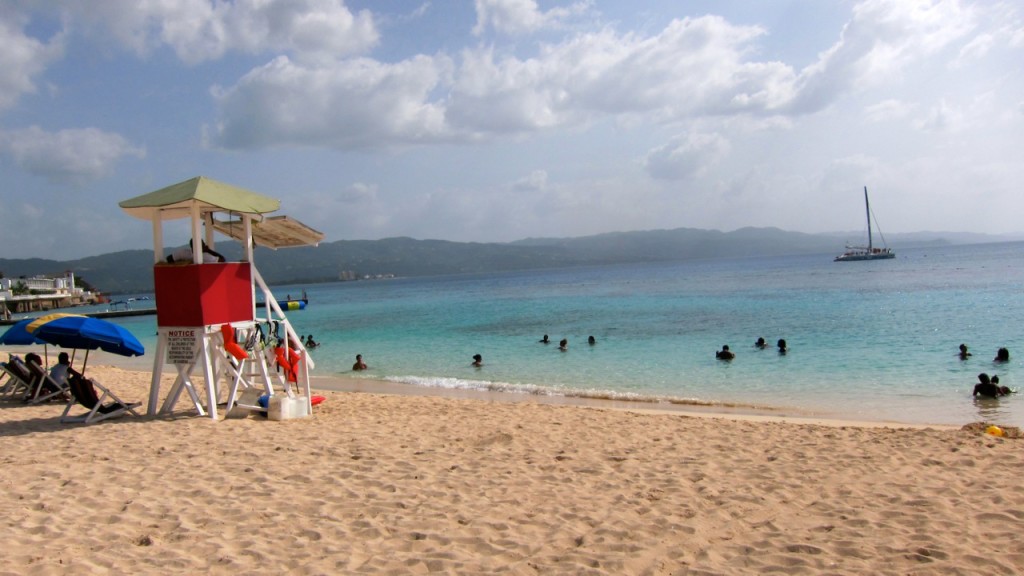
Here are some things we learned during our time living in Jamaica:
Do not ignore people. Greet everyone, especially if they greet you first. Say “Good morning” and “Good afternoon.”
Greetings are a foundational sign of respect and politeness in Jamaica. Even if someone is hassling or insulting you, better to acknowledge them with an “alright” and move on than to ignore or potentially escalate the situation.
Embrace your chill. Jamaican culture is loud, direct, and unfiltered. Try not to get offended by anything you might hear or see.
Jamaicans typically say exactly what they are thinking and call things like it is. It’s part of the culture.
Here’s an example.
In Jamaica, I am always referred to as “Mr. Chin.” I can be walking down the road and someone might call to me and say, “Wagwan (What’s going on) Mr. Chin”.
Mr. Chin is used for any man that looks Asian. Even though Michelle is of European descent, when we walk together in Jamaica, she is sometimes called “Miss Chin.”
In the States, it might seem offensive to group people of different ethnic groups and call them all the same name. It’s common in Jamaica and not a derogatory term.
It just is what it is (and you’re definitely not going to change it).
Here’s another example. In Jamaica, someone can tell you that you “look fat“. This implies that you are healthy and/or beautiful. Someone missing a limb in Jamaica might be called “One-y”.
Again, they call it how they see it, and no offense is meant by these terms.
So how do you know if someone is being offensive or doesn’t like you? You’ll probably know. Again, Jamaicans are very direct, both verbally and in body language, which is helpful to decode in that sense.
We actually found this cultural trait to be a refreshing quality in our interactions and relationships with Jamaicans.
Be sensitive with the Jamaican Patwa language
As with any foreign country, it’s wise to familiarize yourself with some Patwa words, however, please be sensitive with how you use it.
There’s a lot of cultural complexity here.
Just to brush the surface, Patois originated among slaves. Some Jamaicans believe Patwa (a.k.a. Patois) should be fully respected as its own language while others treat it as an inferior dialect. There’s a range of perspective in between, including when it’s appropriate to speak it, whether it should be taught in schools or standardized in writing, etc.
As a visitor, you don’t need to use Patois like you might try to speak Spanish in Mexico. In fact, it can come off as rude or insensitive if you try to act or speak like a Jamaican.
Certainly, learn the greetings so you can respond to them.
It might also be helpful to recognize curse words to help recognize when to steer clear of someone getting angry. Most notably, if you hear the seemingly benign “bumba”, know that person is cursing.
Patwa is a lot of fun. Just be sensitive about speaking it as a visitor. For a fun example, here are five phrases we often heard in the Jamaican schools. See if you can understand:
What not to wear in Jamaica
Don’t walk around Jamaican communities in swimwear. Cover up unless you’re on the beach. We often saw tourists wearing swimsuits in town, and it’s not appropriate.
Sure you may be on vacation, but when you walk into a community where people are living their daily lives, you are not entitled to do whatever you want.
Clothing choice holds significant meaning in Jamaican culture. Appropriate dress is much more formalized compared to what we’re used to in the States.
Avoid wearing orange or green out in the community, especially during election season.
Orange and bright green are the colors of the two major political parties in the country, and election times can be intense. Avoiding these colors prevents any misunderstandings of affiliations out in public spaces. (Feel free to wear any colors you want in the confines of a resort or hotel.)
Do not be naive or casual about your safety
 Is Jamaica safe to visit?
Is Jamaica safe to visit?
In general, we think Jamaica is a safe country to visit but, like many places, has its own challenges to be aware of. We’ve written more about safety in Jamaica here.
We felt the training we received from Jamaicans as Peace Corps volunteers regarding safety and security was excellent. Below are some of the main safety tips we learned.
Mitigate risk regarding Crimes of Opportunity
Where there is greater desperation (people unable to meet their basic needs), there is often more crime. Jamaica is no exception.
Jamaica is not a place where you could leave your valuables out in the open and expect nothing to happen to them. You can greatly reduce your risk of loss by signaling that you’re not an easy target.
Do not flaunt your valuables. This is just good common sense wherever you travel. Avoid displaying anything publicly that looks expensive, especially if it seems like it can be easily taken.
For example:
– don’t pull out large sums of money or count cash in a very public way
– don’t wear valuable jewelry
– avoid carrying purses or bags that hang loosely on one shoulder
– avoid bringing expensive electronics out in public like laptops, tablets, professional cameras, etc.
– hide and lock away valuables in your hotel room when going out
– be conscious of your conversations in public areas regarding money or valuables you have on hand
The last one may seem strange but we know of people who were followed until they reached an isolated area where they could easily be robbed.
Do not “wander” aimlessly. A risk to tourists outside the bubble of resorts is stumbling into an unsafe part of town at the wrong time. Looking lost or like you’re not paying attention can also make you a more likely target.
Stick to familiar areas. Often times you’ll find the safest places to be are in the populated business districts of towns and cities, on main roads, around other people, or areas dedicated to tourism. In unfamiliar or off-the-beaten-path places, it’s best to have a local person that you know and trust go with you.
It’s generally not a good idea to just wander in neighborhoods, side streets, or through isolated areas of the countryside.
One of the best pieces of advice that Jamaican Peace Corps staff member shared with us is that even if you don’t know where you are going, look and act confidently like you do. If needed, go to a store, buy a snack, then sit down and make a plan.
This brings us to another important point: If you don’t know something or need assistance, seek out a trusted local Jamaican. Locals are the BEST sources of information. Another tourist may not understand the context and risks from their limited experience.
Good things to ask would be:
– where to find something
– best places and best things to eat
– public transit routes to get to a specific place
– what something normally costs (like fruit at a local market or bus fare)
– areas to avoid
Here’s who we would seek out if we needed assistance in Jamaica:
– Any senior citizen, especially an elder woman
– Adult women in general
– People working at stores like a grocery or restaurant or businesses like banks, phone companies, etc…
If someone asks for money when you’re asking for advice, consider thanking them politely and then trying to find someone else.
Where Not To Go in Jamaica
These suggestions were shared with us during our time in Jamaica and they may change. As we mentioned before, it’s best to ask Jamaicans themselves (someone you feel you can trust) to get a better sense of these things.
- Some urban parts of Kingston, Montego Bay, Spanish Town (and other populated ares) have serious gang activity
- Some attractions in Jamaica include animal encounters that may not be ethically appropriate
- While international chains like KFC are popular among Jamaicans, we urge you to try to spend your tourism dollars in ways that will benefit more local businesses and stay within the local economy
Avoid going to lonely and isolate places. When we lived in rural Jamaica, we often wanted to just wander and explore quiet roads. But going to isolated areas is not recommended.
Why? It comes back to crimes of opportunities. Places with less people mean fewer witnesses.
Be extra vigilant at night. Some areas in towns and cities have decent lighting, but overall Jamaica’s infrastructure isn’t built for walking or hanging out in public spaces at night. As anywhere, crimes tend to increase after dark.
In two years, we rarely went out after dark and if so, it was only with a trusted Jamaican friend.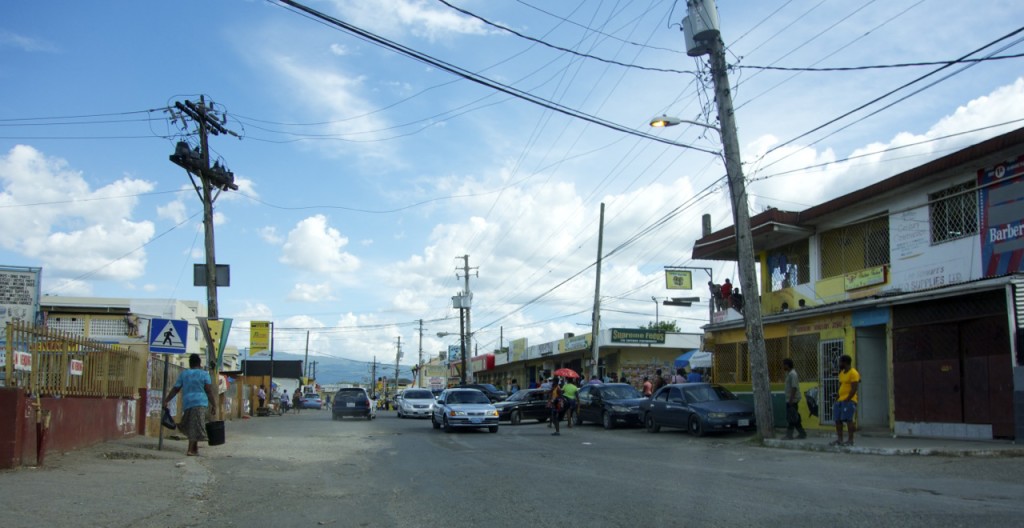
Don’t let your guard down
Jamaica is one of those countries where things happen you would never expect, even when things get familiar after months or years.
Stay alert when walking along roads. You may encounter uneven roads or large holes in sidewalks. There might be animals, including unfriendly dogs on the loose. Cars and motorcycles might be zipping by. People across the way might be shouting at you just to get your attention and say hi.
You may encounter a freak weather disturbance, like a heavy downpour and need to find temporary shelter.
All of these things have occurred during our time in Jamaica, sometimes in the same day and within minutes of each other. These aren’t inherently “bad” things, but they often demand more awareness than usual in order to help mitigate safety risks.
Avoid illegal activity
This might seem obvious but just needs to be said. Getting involved with illegal activities put’s you at higher risk for safety issues.
Let’s review some important takeaways so far:
- Your personal safety practices should be centered around mitigating risk.
- You can’t protect yourself from everything nor should you try to. Find a balance and strategies that work for you.
Do not take public transportation unless…
Is it easy to get around the country? This is a complicated question and answer.
The safest, most direct ways to get around the country are to hire a private car/taxi or use a branded bus service that goes between major towns. Although they’re more expensive, we often suggest these options as you know exactly where you are going and you pay for a reserved seat.
Public transportation requires local knowledge and experience and is not advised for most travelers. Most public transportation is operated by local route taxis (cars and buses), some official and many non-official.
It’s a complicated system and we don’t suggest this option unless you have a local Jamaican contact who can teach you the route or help you with the process in general.
Should I drive myself in Jamaica? Possibly. See our other guide about how to get around in Jamaica to help make that decision. Just know driving in Jamaica is not an easy or relaxing experience. 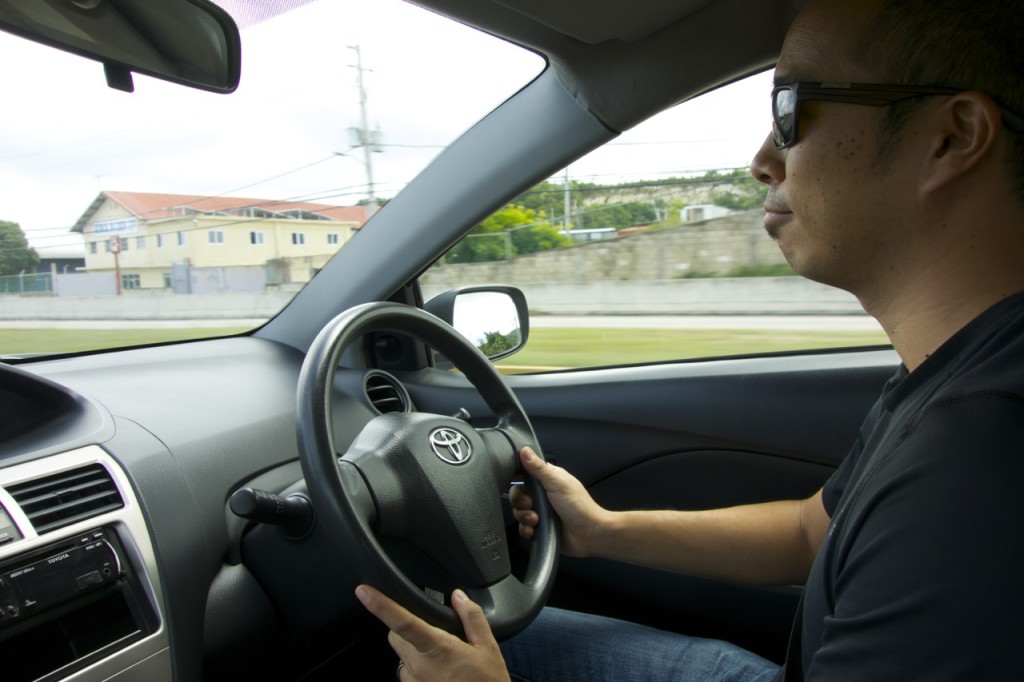
Things to do in Jamaica
Ok, that was a semi-big list of what not to do. Here is a quick top five things TO DO in Jamaica.
1) Get outside of the resort. Find a safe, trusted way to go into a town or on an excursion and check out the main public areas. Outside the resort bubble is the only way to experience a more authentic version of Jamaican culture and life.
2) Eat at a local Jamaican restaurant and try local Jamaican cuisine. Fried chicken with rice and peas. Curry anything. Stew pork. Seafood. Patties. Coco bread. And of course, Jerk chicken. Support local businesses rather than international chains.
3) Support the local economy. Shop at business and stores that are Jamaican-owned and check that your souvenir purchases aren’t made elsewhere. Stay at independent, locally-owned hotels.
4) Schedule and arrange local tours/excursions. While we typically avoid package tour, in Jamaica, official tours are recommended as they will be the most organized, professional, and safe option. Smaller tourist attractions may not be set up to receive independent visitors without advanced reservations.
5) Meet and learn from local Jamaicans. There is no better way to experience and learn about a country than from it’s own people. If you demonstrate a true interest in learning, you will be able to connect with Jamaicans. Start with an easy topic like food. Ask what someone’s favorite thing to eat is and where to get it.
Move on to things like what kind of music people are listening to or what is the latest dance step (there’s always a new one sweeping the country). Ask about what they enjoy about the area they live in. Go deeper if it seems appropriate.
Think about how you’d like to connect or help someone if they were visiting you.
Conclusion: Things Not to Do in Jamaica
What’s the ultimate goal of your visit? Hopefully it’s to have a mutually positive experience for you and the host country and i’s people.
To do so, try and understand what you should and shouldn’t do in your visit. This is not a definitive list, but hopefully it’s a good place to start from based on our own experience.
What are some lessons regarding things you should NOT do that you’ve learned when visiting another country? Let us know in the comments below.

